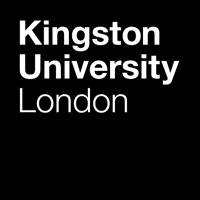fees waived
Cyber Security & Digital Forensics, BSc (Hons)
Kingston University, United Kingdom
Ranking in UK
Computer Science and Information Systems
Computer Science and Information Systems
Computer Science
Costs
food & rent S$24.8k / year
Entry requirements
Scholarships
11 - 20 available
21 - 50 available
Unlimited quantity
Unlimited quantity
Unlimited quantity
Unlimited quantity
Limited quantity
Information
Code
Code
Intakes
Website (External)
Programmes
Information
Duration
2029
Kingston University offers compelling reasons to pursue its cyber security degree, including access to industry-standard tools like Splunk, Nessus, and Kali Linux, alignment with certifications from CompTIA and EC-Council for career advancement, a dedicated cyber security lab, and a Teaching Excellence Framework (TEF) Gold rating for outstanding teaching and student outcomes.This course equips students for cybercrime prevention through studies in computer technology, web programming, encryption, network security, and digital forensics. Practical elements include ethical hacking and Security Operations Centre functions. Future skills embedded in the curriculum, such as problem-solving and digital competency, prepare graduates for diverse careers in sectors like government, finance, and intelligence. Modules cover threat hunting and ethical hacking, with assessments involving coursework and exams to build technical expertise.
A local representative of Kingston University in Singapore is available online to assist you with enquiries about this course.

